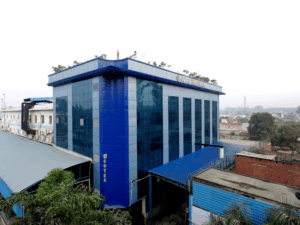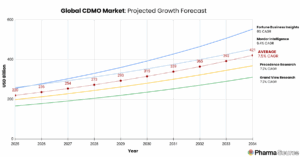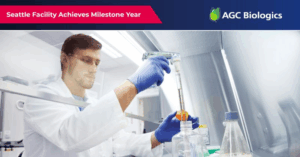Ruji Akhtar Mahmud, Head of Procurement Strategy, Digital Transformation & LEAN Operations at GE Healthcare discusses how they are using Lean Procurement principles to design a procurement function that uses technology to meet those needs in the most efficient way
“I truly believe that embracing lean principles could make a real difference in the ever-changing world of pharmaceutical (or any sector) procurement. The lean principles emphasize efficiency, continuous improvement, and innovation.”
“When we talk about Lean in procurement, we’re essentially talking about simplifying processes, cutting out the unnecessary, and fostering a culture that embraces change. “
“This not only helps organizations adapt quickly to market shifts but also ensures we’re using our resources smartly, ultimately boosting our overall operational efficiency.”
Key challenges lean principles address
“Pharmaceutical procurement deals with a host of challenges, from supply chain disruptions to regulatory complexities, and the current hurdle of high inflation. Lean principles step in as a strategic guide to tackle these issues head-on. “
“Through pinpointing and cutting out activities that don’t add value, procurement teams can streamline resource use and cut down costs. Embracing Lean methodologies also boosts agility, empowering organizations to navigate the ups and downs of inflation-driven price changes more adeptly.
The perks? Think cost savings, heightened responsiveness to market shifts, and increased resilience in the face of economic uncertainties (and how many of them are we facing right now!).
Kaizens: Continuous Improvement of processes
“At GE Healthcare, we’ve pinpointed some game-changing possibilities for enhancement by bringing Lean principles into our procurement processes. “
“Take, for example, the revamp of our daily management system and the introduction of Kaizens to existing processes – these tweaks have streamlined how we work. This not only reduces lead times but also enhances overall process efficiency. “
Kaizen is a Japanese term meaning change for the better or continuous improvement. The business philosophy concerns processes that continuously improve operations and involves all employees.
“At GE Healthcare, it’s helped us identify areas for automation and areas where digital solutions can step in to elevate performance, reinforce governance, and carve out competitive advantages.
These include:
- By measuring key performance indicators such as cycle times, cost savings, and process reliability, we can quantify the impact of Lean initiatives.
- Driving this through our advance supplier management pillar through programs such as ‘’LEAN supplier’’ is a great way of collaborating with suppliers to drive efficiency, innovation, and savings.
- It fosters a culture of continuous improvement, where our teams are actively on the lookout for opportunities to fine-tune processes and adapt to the ever-evolving market dynamics.
Human-led and Tech-Enabled
“Technology takes centre stage in our transformation journey. Embracing advanced analytics, automation, and artificial intelligence isn’t just a choice; it’s a game-changer that elevates efficiency and decision-making to new heights. the power of data analytics tools – they delve deep into supplier performance and market trends, offering invaluable insights. “
“Automation, especially in routine and repetitive tasks, frees up valuable human resources for more strategic activities (talk about win-win!!). “
“Additionally, exploring blockchain applications for supply chain transparency and risk management is an exciting area. “
“The idea of being “Human-led and tech-enabled” is more than exciting; it’s where intelligence and wisdom converge. Our commitment lies in seamlessly integrating these technologies, crafting a procurement function that’s not just ready for the future but thrives amidst the ever-evolving demands of the industry. “
Best practices for implementing lean procurement
“Approaching this transformation requires a thoughtful strategy” says Ruji “we’re aiming for change while understanding the importance of tackling one challenge at a time. “
- Create an environment that welcomes change, promotes collaboration, and encourages a continuous improvement mindset. It’s vital to get everyone involved at every level, ensuring a smooth transition.”
- Be practical, taking things one step at a time to minimize risks and make real-time adjustments as needed. Investing in robust training programs is key to helping teams adapt to new technologies. Often, tech implementations stumble because of poor user adoption, often stemming from insufficient training and confidence-building measures.”
- Finally, keep a close eye on things through continuous monitoring and evaluation (think of it as your governance compass). Regularly check how Lean initiatives and tech implementations are impacting your processes and be ready to tweak things as necessary.
“By approaching these steps with care and intention, organizations can sidestep common pitfalls and unleash the full potential of Lean principles and transformative technologies.”













